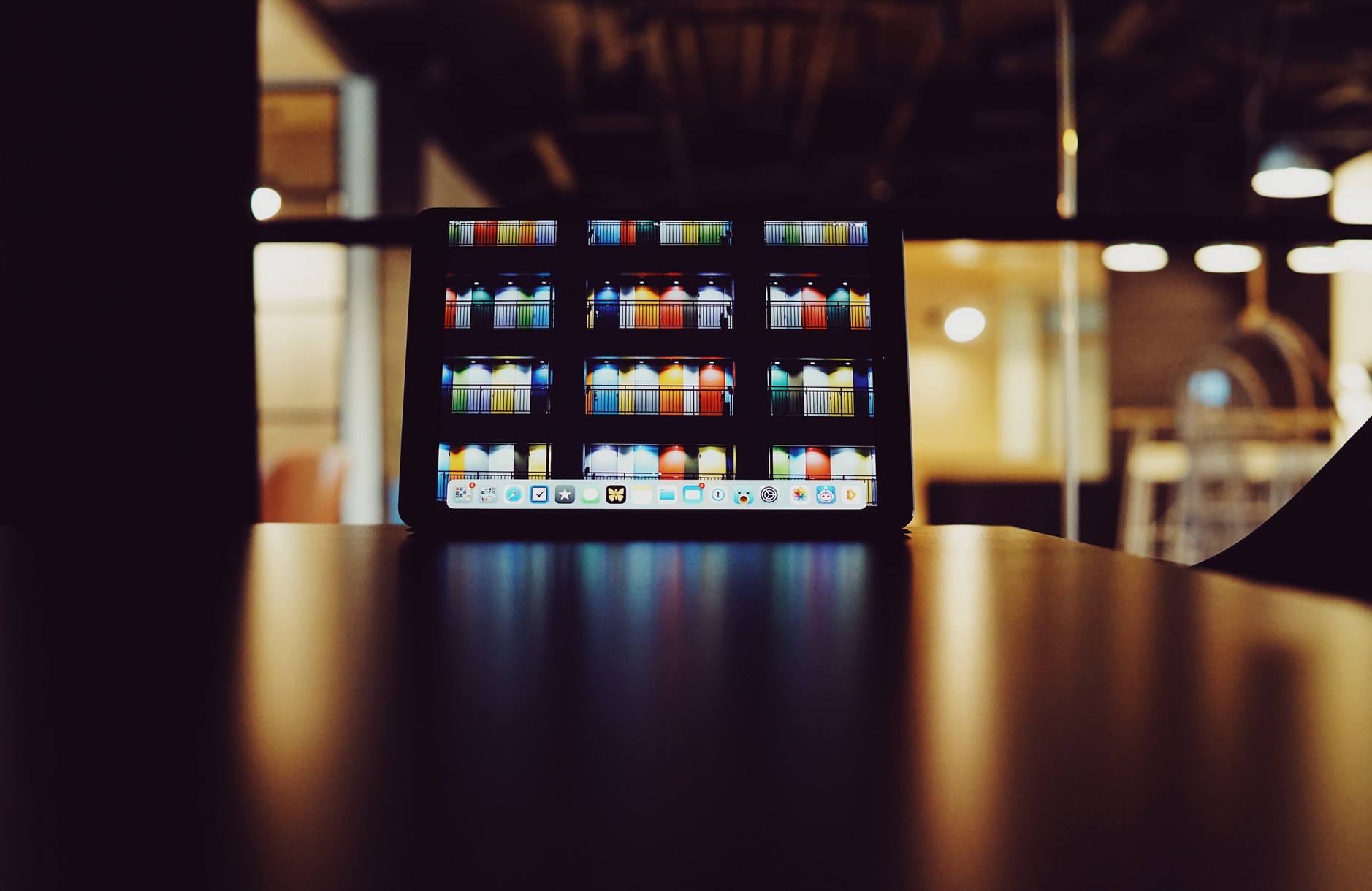„Users don’t want iOS to merge with MacOS, Apple chief says”
Tim Cook, gestern gegenüber Peter Wells:
”We don’t believe in sort of watering down one for the other. Both The Mac and iPad are incredible. One of the reasons that both of them are incredible is because we pushed them to do what they do well. And if you begin to merge the two … you begin to make trade offs and compromises.
”So maybe the company would be more efficient at the end of the day. But that’s not what it’s about. You know it’s about giving people things that they can then use to help them change the world or express their passion or express their creativity. So this merger thing that some folks are fixated on, I don’t think that’s what users want.“
Phil Schiller sagte im letzten Jahr: „We plan to keep on doing (The Mac) for a very long time.” Sein „very long time” verstehe ich als wortwörtlich.
Und trotzdem gilt: Das Neue löst immer das Alte ab – nie vollständig und nie sofort, aber mit Sicherheit. Wenn ihr am Wochenende nur einen einzigen Artikel lest, knöpft euch „A Big Phone“ von Matt Gemmell vor:
If you can’t use a modern device because of features or software not currently available, then you’re in a wholly, but only temporarily, rational position. On the other hand, if you think that modern devices can’t be made to do whatever it is that you do, then your argument is virtually guaranteed to be fallacious.
The thing that bugs me about statements like “iPads are toys”, or “iPads are for consumption, not creation”, or “iPads aren’t real computers” is that they implicitly do what’s proven to be the stupidest thing you can be guilty of in the tech industry: betting against innovation.

Das richtig Timing bleibt die große Herausforderung, die umso schwieriger ist, umso größer die Firma wird. Dabei sind es nicht nur interne Kräfte, die sich aufbäumen, sondern auch externe Meinungen, die zu verfälschten Perspektiven führen.
Zur Erinnerung: Apples lebhaft diskutierte MacPro-Ankündigung betrifft (nach eigener Aussage) „a single digit percentage of all Macs”. Aus einer rein finanziellen Perspektive spielt dieser zukünftiger Rechner also keine Rolle. Für die Finanzen in Apples Dimensionen dürfte der HomePod wichtiger sein als der neue MacPro.
Natürlich schaut niemand nur ausschließlich auf den Umsatz. Der MacPro ist ein Statement, der die Zeit und die Ressourcen, die in ihn fließen, (hoffentlich) rechtfertigt. Es ist ein (fast versäumtes) Bekenntnis niemanden zurückzulassen, der heute noch nicht vom iPhone oder iPad aus arbeitet, beziehungsweise arbeiten kann oder will.
Timing spielt eine signifikante Rolle. „What‘s a computer“ steht nach Jahrzehnten des Personal Computers wieder als offene Frage im Raum, die sich die meisten Menschen zuletzt mit einem Smartphone beantwortet haben.
Eine Zusammenführung von Alt und Neu – von macOS und iOS – erscheint unrealistischer als eine gezielte Adaption von gestandenen Betriebssystem-Features. Es ist absehbar, dass iOS diese Funktionen von macOS lernt und es ist unwahrscheinlich, dass macOS moderne Anforderungen in eine limitierte Architektur quetscht.